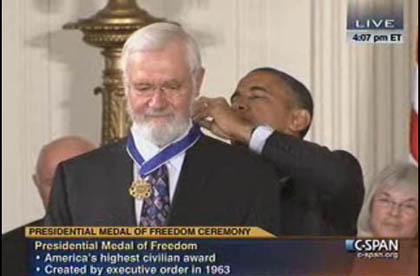Page 446 • (4,588 results in 0.034 seconds)
-
course meets state education certification requirements for content in physical and historical geology. (4) ESCI 287 : Special Topics in Earth Science To provide undergraduate students with new, one-time, and developing courses not yet available in the regular curriculum. The title will be listed on the student term-based record as ST: followed by the specific title designated by the academic unit. (1 to 4) ESCI 288 : Special Topics in Earth Science To provide undergraduate students with new, one
-
, followed by custom questions added at the unit level (if any), and custom questions added by the instructor (if any). Students taking some courses that count toward General Education/Core Curriculum requirements may also see an additional question regarding learning outcomes. *If a student cannot locate their invitation email, they should search provost@plu.edu and/or EvaluationKIT in their email. Any log-in link emailed previously from EvaluationKIT (even from a previous semester) will take the
-
pricing on Graduate Programs click on the corresponding buttons below. Cost information for 2024-25 will be available in the near future.Master of Business AdministrationMaster of Science in Marketing AnalyticsMaster of Arts in Education – Preparing New TeachersMaster of Arts in Marriage and Family TherapyMaster of Fine Arts: Rainier Writing WorkshopMaster of Science in NursingPost Graduate Nursing Practitioner CertificatesDoctor of Nursing PracticeSummer 2024 TuitionFor information and pricing on
-
Live Events, Virtual Conferences, Continuing Education Credit Webinars, etc. to support the eating disorder community, educate and empower professionals, and contribute to eating disorder advocacy and awareness. “ Eating Disorder Hope Online Events National Eating Disorders Association. (n.d.). What is an eating disorder? [Brochure]. New York, NY: Author National Institute of Mental Health. (2018). Eating disorders: About more than food [Brochure]. Bethesda, MD: Author LOCATION601 121st St S
-
through one of the approved electronic transcript services (Parchment or National Student Clearinghouse), OR directly from your school in an official sealed envelope to the mailing address listed in the instructions for sending official transcripts to GradCAS. If you attended a school or earned your degree outside of the United States, you need to obtain a course-by-course US equivalency report from the World Education Services (WES). This report should then be sent directly to GradCAS from the
-

to more than 175 auditions each year. “Dave is the conductor as well as the composer,” Youtz explains. “He sees what’s coming down the road, he can see from a long ways away what’s going to have to happen, so he’s able to help us adjust and shift and move so that we’re ready to meet it when it hits. It’s that sort of global vision from everything from state education policies to stuff on campus. He’s got the whole picture in his head.” THE 90s - THE HOUSE THAT DAVE BUILT In 1990 Mary Baker
-
to National Geographic, 29 billion water bottles are manufactured for use by Americans every year and Americans buy more bottled water than any other nation in the world. To make these bottles manufacturers use 17 million barrels of crude oil. And only one out of six bottles make it into a recycling bin. One recycled plastic bottle can save enough energy to power a 60-watt light bulb for six hours. But it’s not just about good sustainable practices; it’s also about education. “Don’t consume your
-
situation like Darfur is occurring, Pertnoy said. “Begin with small steps, and it can have a collective impact.” Kimenyera, Pertnoy and Kleiman all agreed Thursday evening that education was key to changing the events that lead to an act of genocide. Also, Kleiman added, “get to know the people around you.” That advice was echoed at the Scandinavian Center about 12 hours later on Friday, as Carl Wilkens, the only American to remain in Rwanda during the 1994 genocide that claimed 1 million lives in three
-

interview he wasn’t sure what he wanted to do when he arrived at PLU, except to follow in the footsteps of his hero, Albert Schweitzer, the German philosopher, doctor and humanitarian who did groundbreaking health work in Africa. During that 2006 interview, the lanky, 6-foot, 7-inch Foege, credited much of his success with the help of others, and his time at PLU. “It’s such a nice place to get an education,” he said. “People who go there do not appreciate how good it really is. “I went to the UW
-

years, less than nine percent of credit hours were taught by part-time faculty teaching individual courses without benefits, or taught as private hourly music instruction. According to data gathered by the Chronicle of Higher Education, universities in the Puget Sound area pay approximately $2,300-$5,000 per course. PLU’s per course pay ranges between $4,200-$5,600 per course. The only faculty members paid hourly are those who provide private music instruction. They are paid $51.00 per hour. For
Do you have any feedback for us? If so, feel free to use our Feedback Form.


